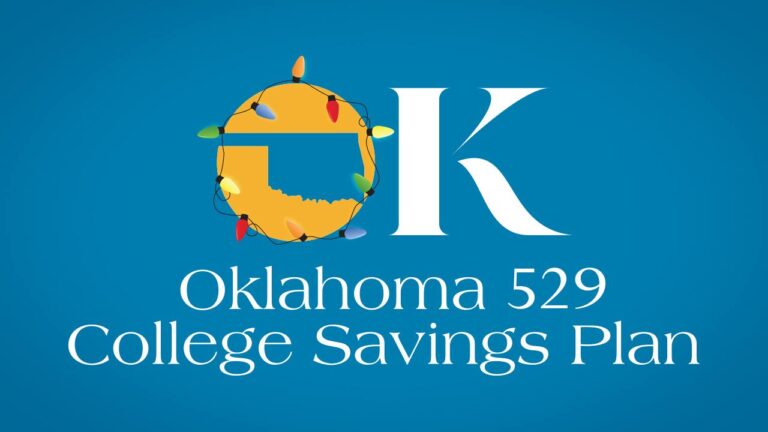5 Common Mistakes to Avoid When Filling Out the FAFSA Form
Completing the Free Application for Federal Student Aid (FAFSA) is a crucial step in securing financial assistance for college. The FAFSA is used to determine eligibility for federal grants, work-study programs, and loans, as well as scholarships and grants from states and colleges.
However, students often make mistakes when filling out the FAFSA, which can delay the processing of their application or result in an incorrect award amount. In this article, we will discuss five common mistakes to avoid when filling out the FAFSA and provide tips and advice on how to complete the FAFSA accurately and on time.
Mistake #1: Missing Deadlines
The FAFSA has strict deadlines for submission, and missing these deadlines can result in a delay or even a loss of financial aid. The federal deadline for submitting the FAFSA is June 30th of the academic year in which the student is seeking aid. However, many states and colleges have earlier deadlines, so it is important to check with each institution to determine their specific deadlines.
To avoid missing deadlines, it is important to begin the FAFSA process early and to have all necessary documentation prepared before beginning the application. The federal government extended the FAFSA deadline to accommodate students affected by the pandemic in 2020-21, but it is still critical to double check with each institution for their specific deadlines.
Mistake #2: Entering Incorrect Information
Errors in the FAFSA can result in an incorrect award amount or a delay in processing the application. Common mistakes include typos, entering the wrong information, and failing to report all sources of income.
To avoid errors, students should double-check all information before submitting the FAFSA and should use the IRS Data Retrieval Tool to import tax information directly from the IRS. The Data Retrieval Tool allows students to automatically transfer their tax information into the FAFSA, reducing the risk of errors and accelerating the application process.
Students should also be aware of any changes to their financial situation that could impact their eligibility for aid. If there have been any significant changes to income or assets, students should contact the financial aid office to determine if their FAFSA needs to be updated.
Mistake #3: Not Reporting All Assets
The FAFSA requires students to report all sources of income, including untaxed income and benefits, such as Social Security or disability benefits. Also required are any funds inside a 529 account held by yourself, or a family member for you. Failure to report all sources of income can result in an incorrect award amount or even loss of financial aid. To avoid this mistake, students should carefully review the FAFSA instructions and report all income accurately. Students should also be aware of any changes to their income during the academic year and report these changes to the financial aid office.
Mistake #4: Not Understanding Dependency Status
The FAFSA asks students to indicate their dependency status, which determines whether they are considered dependent or independent for financial aid purposes. Independent students are considered to have a greater financial need and may be eligible for more financial aid than dependent students. However, determining dependency status can be confusing, and many students make mistakes when completing this section of the FAFSA.
To determine dependency status, the FAFSA asks a series of questions related to the student’s age, marital status, and financial support. If the student answers “yes” to any of these questions, they are considered independent for financial aid purposes. However, even if the student is independent for financial aid purposes, they may still need to provide parental information on the FAFSA.
Mistake #5: Not Updating the FAFSA
The FAFSA is not a one-time application, and students are required to update their FAFSA each year to reflect any changes in their financial situation. Students should update their FAFSA if there have been any changes to their income or assets, if they have changed schools, or if they have changed their housing situation.
It is important to keep the FAFSA up-to-date, as failing to update the FAFSA can result in an incorrect award amount or even loss of financial aid. Students should also be aware of any changes to the FAFSA application process or deadlines and make sure to submit their FAFSA in a timely manner.
What We Learned Here…
Completing the FAFSA accurately and on time is crucial for securing financial assistance for college. However, students often make mistakes when filling out the FAFSA, which can delay the processing of their application or result in an incorrect award amount. To avoid common mistakes when filling out the FAFSA, students should be aware of FAFSA deadlines, double-check all information before submitting, report all sources of income, understand dependency status, and update their FAFSA each year.
If students need help with completing the FAFSA or have questions about the process, they should contact the financial aid office at their college or university. The financial aid office can provide guidance and support to students as they navigate the FAFSA process and can help ensure that their application is completed accurately and on time.
Completing the FAFSA can be a daunting task, but with careful attention to detail and awareness of common mistakes, students can successfully secure financial aid for their college education. By avoiding common mistakes and keeping their FAFSA up-to-date, students can ensure that they receive the maximum amount of financial assistance available to them and can focus on achieving their academic goals.






